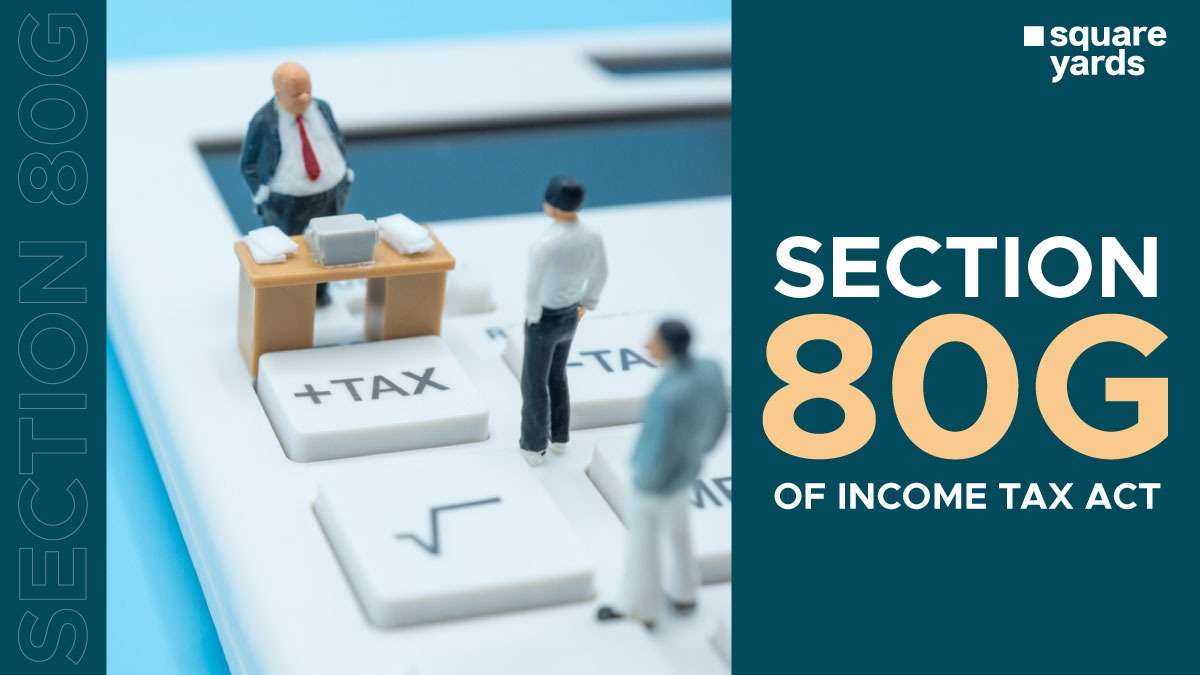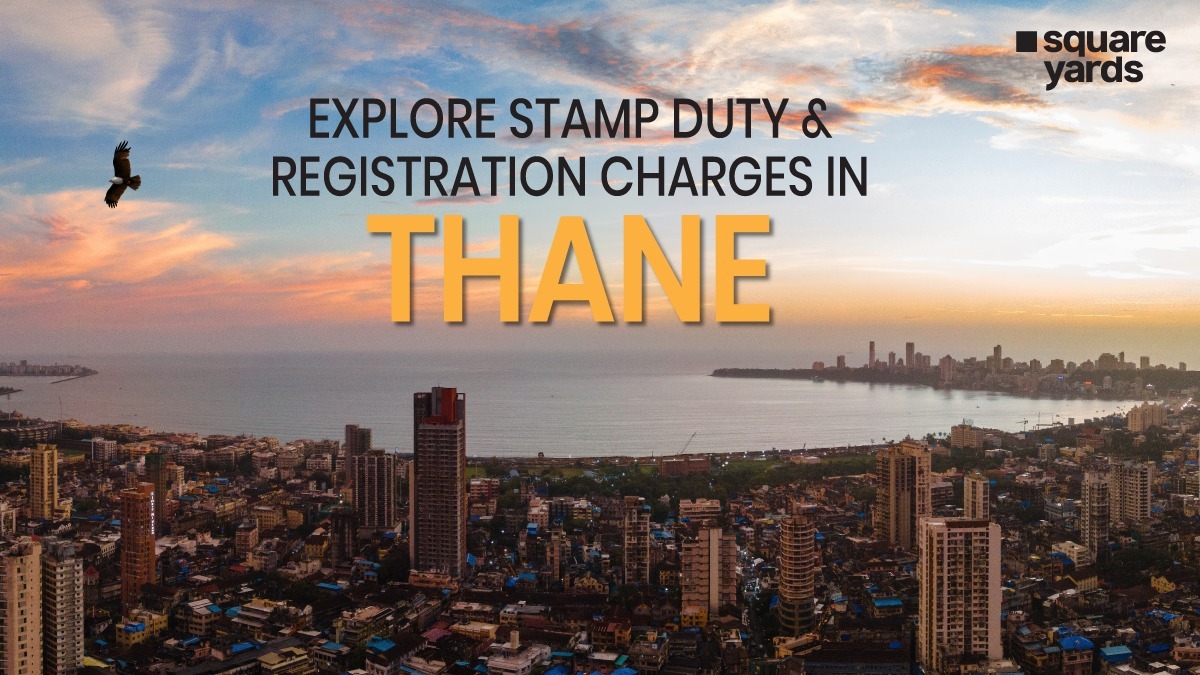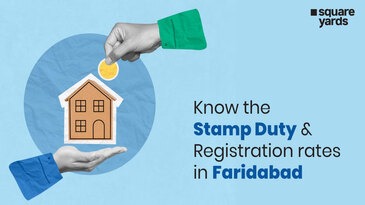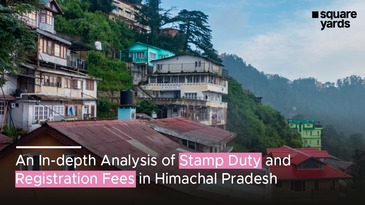NGOs and charity organisations all over India work relentlessly toward the betterment of the less fortunate sections of society. The government of India introduced Section 80G to support their efforts by providing tax deductions to people for contributions made as deductions.
Saving on tax becomes convenient with contributing a bit to the world through making donations towards charitable organisations providing deductions under Section 80G. The deduction under Section 80G of the Income Tax Act is available for contributions made to particular charitable institutions and relief funds. All charitable donations are not allowed for deduction under Section 80G. The donations made to the specified funds are eligible for deductions under Section 80G of the Income Tax Act.
Through the introduction of Section 80G, the government of India encourages citizens to donate and make more donations to worthy causes.
Read further about Section 80G of the Income Tax Act, 1961.
Table of contents
Section 80G Deduction – Income Tax Act
Section 80G of the Income Tax Act allows you to claim a deduction on donations or charitable contributions you made during the financial year while filing the income tax return. This moves you to a lower tax bracket and brings down your tax obligations. The interesting feature of Section 80G of the Income Tax Act is that your tax-deductible amount does not have any cap while filing the income tax return for a particular number of donations.
Section 80G deductions are majorly made on donations made towards charity. The prime aim of this section is to provide tax incentives to citizens involved in philanthropic activities. It offers tax deductions on donations made to particular charities or funds. If a citizen donates an amount of money to an eligible charity, they can claim a tax deduction while filing an ITR.
Amount of Deduction under Section 80G
Donations made for eligible charities and trusts qualified for tax deductions are subject to particular conditions. There are four categories of donations under Section 80G. Below are the categories:
Donations with 100% Deduction (Available with No Qualifying Limit)
Under this category, donations can acquire a tax deduction of 100%. These donations are not subject to the condition of attaining any qualification standard. The funds that qualify for such deductions include The National Defence Fund, The National Foundation for Communal Harmony, Prime Minister’s National Relief Fund and National /State Blood Transfusion Council.
Donations with 50% Deduction (Available with No Qualifying Limit)
The funds that qualify for a 50% tax deduction on the donation amount include the National Children’s Fund, Prime Minister’s Drought Relief Fund, Indira Gandhi Memorial Fund, etc.
Donations with 100% Deduction (Available Up To 10% of Adjusted Gross Income)
Donations that qualify for deductions under this category include donations made to government or local authorities to encourage family planning and donations to Indian Olympic Association. In such cases, just 10% of the Adjusted Gross Total Income of the donor is eligible for deductions. Donations exceeding this amount are limited to 10%.
Donations with 50% Deduction (Available Up To 10% of Adjusted Gross Income)
Donations that qualify for deductions under this category include donations made to government or local authorities that would use for charitable purposes. In such cases, just 10% of the Adjusted Gross Total Income of the donor is eligible for deductions. Donations exceeding this amount are limited to 10%.
Below is the table of some charitable organisations where donations can be made. It also contains the details about the deduction limit as per the prevailing norms of tax:
| No. | Charity Name | Allowed Tax Deduction Percentage | Donation Subject to Limit or Not |
| 1 | Welfare Fund of Armed Forces | 100% | No |
| 2 | Chief Minister’s Relief Fund (LG’s) of any State (Union Territory) | 100% | No |
| 3 | National Illness Assistance Fund | 100% | No |
| 4 | National Blood Transfusion Council | 100% | No |
| 5 | National Children’s Fund | 100% | No |
| 6 | Zila Saksharta Samiti | 100% | No |
| 7 | Fund for Providing Medical Assistance to Poor by the State Government | 100% | No |
| 8 | Rajiv Gandhi Foundation | 50% | No |
| 9 | Jawaharlal Nehru Memorial Fund | 50% | No |
| 10 | PM’s Drought Relief Fund | 50% | No |
| 11 | Indira Gandhi Memorial Trust | 50% | No |
| 12 | Indian Olympic Association | 100% | Yes |
| 13 | Swachh Bharat Kosh | 100% | No |
| 14 | Approved University or Educational Institution of National Importance like IIT, NIT etc. | 100% | No |
| 15 | National Cultural Fund | 100% | No |
| 16 | PM’s National Relief Fund | 100% | No |
| 17 | Clean Ganga Fund | 100% | No |
| 18 | National Trust for the well-being of people having Cerebral Palsy, Autism, multiple disabilities and Mental Retardation | 100% | No |
| 19 | CM’s Earthquake Relief Fund, Maharashtra | 100% | No |
| 20 | Fund for Development of Technology and Application | 100% | No |
Eligibility Criteria to Claim a Deduction Under Section 80G
One must meet the below-mentioned eligibility criteria to claim tax deductions under Section 80G of the Income Tax Act:
- Individuals and HUFs
- NRIs contributing to applicable trusts
- One with relevant proof of contributions
- One who contributed to the charitable organisation from their taxable income. The ones made from non-taxable income are not eligible for deductions.
Documents Required to Claim Tax Deduction Under Section 80G
The documents required to claim deduction under Section 80G include:
- Duly Stamped Receipt: A receipt issued by the trust or charity receiving the donation is mandatory. It should contain details such as the name, PAN number and address of the trust, the donation amount and the donor’s name.
- Form 58: If a donor wishes to claim the deduction of 100% on a donation, it is essential to have Form 58. The donation will not be eligible for a deduction of 100%without Form 58.
- Registration number of Trust: The Income Tax Department provides a registration number to all eligible trusts. Donors should ensure that their receipt has this registration number. The number must be valid on the date of a particular donation. If it is invalid on that date, a donation might be ineligible for deductions.
Mode of Payment for Donations under Section 80G
One can claim deductions against donations made under the section. The mode of payment could be cash or through cheques and drafts. However, a few things need to be taken care of while making payment:
- Cash donations that exceed the mark of Rs.2,000 can not qualify for the deduction. This was introduced from FY 2017-18.
- Donations made in clothes, food, medicines, etc., will not qualify for the deduction.
- The donation amount of over Rs.2,000 should be made in any payment mode apart from cash to claim deductions under Section 80G.
- As per the rules imposed under Section 80G, the donations will be eligible for deductions of 50% or 100% (with or without restriction).
Conclusion
We hope we have covered all information related to Section 80G of the Income Tax Act. However, below is our FAQs section you can go through for more details in case we might have missed a few in the above article.
Frequently Asked Questions:
Can a Partnership Firm Claim an 80G Deduction?
Yes, individuals, companies and firms can claim deductions under Section 80G.
Do I need to submit my donation receipt to claim a deduction under Section 80G?
Yes, you need to submit your donation receipt to claim a deduction under Section 80G. It should contain details like Name, PAN, Address, Registration number of the trust & the donor’s name, along with the donation amount and mode of payment.
Is there any specific format for the 80G donation receipt? Where can I get the donation receipt?
No, there is no specific format for the Section 80G donation receipt by the Income Tax Department. The only things required in the receipt include the Trust name, address, PAN, registration number, the amount of donation in words and figures, the donation date, the donor’s name and mode of payment.
Can I claim a tax deduction under 80G on all types of my income like capital gains, salary income, rental income, etc.?
Yes, you can claim a tax deduction under Section 80G on all types of income except those taxable at special rates such as long-term capital gains, short-term capital gains, etc.
Can NRI claim a tax deduction under 80G for the donation made to Indian NGOs?
Yes, NRI can claim a tax deduction under Section 80G for donations made to Indian NGOs.
What is the cash donation limit?
The cash donation limit under Section 80G is Rs.2,000.
Can I claim a deduction against a donation of Rs.20,000 in cash made to a trust qualified for deduction under Section 80G?
No. Cash donations of only up to Rs.2,000 are eligible for a deduction under Section 80G. Any amount exceeding Rs.2,000 will not be eligible for deduction.
How much donation is allowed under Section 80G?
The various donations mentioned under Section 80G are allowed for a deduction of up to 50% or 100% with or without restriction.
How much tax deduction is exempt from Section 80G?
Section 80G provides an exemption of 50% from paying taxes on donations made to organisations or funds qualifying under the act. The Section allows deductions on donations made to particular charitable organisations and funds that have a qualifying limit of not more than 10% of Adjusted Gross Total Income.
Does Section 80G come under Section 80C?
Any taxpayer, be it an individual, partnership firm, HUF, company or LLP, irrespective of his income from salary or business, can claim a deduction for the donation. The deduction eligible under Section 80G is more than the deduction of Rs. 1,50,000 eligible under Section 80C.













































